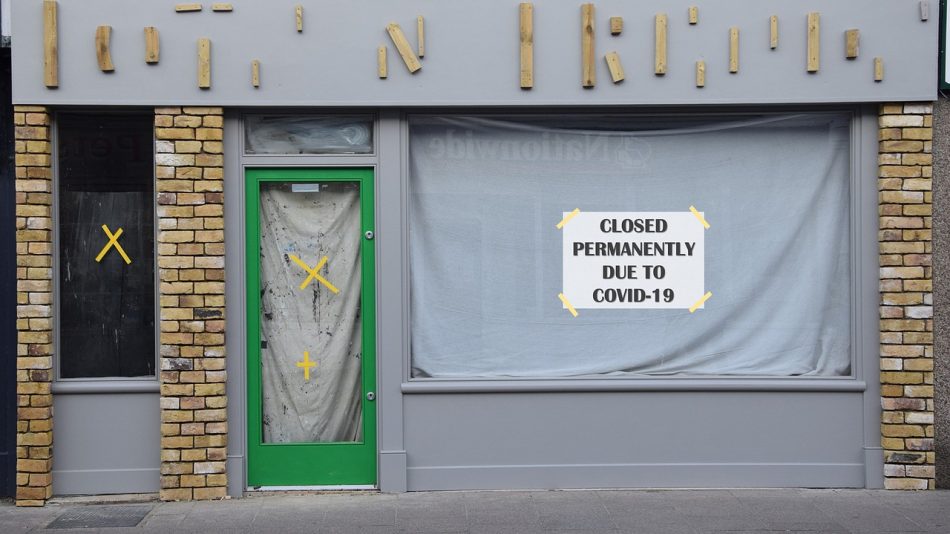https://www.epi.org/blog/a-stalled-recovery-hires-fall-in-the-job-openings-and-labor-turnover-survey/

Last week, the Bureau of Labor Statistics (BLS) reported that, as of the middle of January, the economy was still 9.9 million jobs below where it was in February 2020. This translates into a 12.1 million job shortfall when using a reasonable counterfactual of job growth if the recession hadn't occurred. Today's BLS Job Openings and Labor Turnover Survey (JOLTS) reports little change in December, a clear sign that the recovery is not charging ahead. In fact, hiring and job openings are below where they were before the recession hit, which makes it impossible to recover anytime soon when we have such a massive hole to fill in the labor market.
In December, job openings were little changed while hires softened considerably, falling from 5.9 million to 5.5 million. In particular, hiring decreased in leisure and hospitality—in both accommodation and food services and in arts, entertainment, and recreation. Hiring also declined in transportation, warehousing, and utilities.
One of the most striking indicators from today's report is the job seekers ratio—the ratio of unemployed workers (averaged for mid-December and mid-January) to job openings (at the end of December). On average, there were 10.4 million unemployed workers compared with only 6.6 million job openings. This translates into a job seekers ratio of about 1.6 unemployed workers to every job opening. Put another way, for every 16 workers who were officially counted as unemployed, there were only available jobs for 10 of them. That means, no matter what they did, there were no jobs for 3.8 million unemployed workers. And this misses the fact that many more weren't counted among the unemployed: The economic pain remains widespread with 25.5 million workers hurt by the coronavirus downturn.
On the whole, the U.S. economy is seeing a significantly slower hiring pace than we experienced in May or June. In December, hiring was below where it was before the recession, a big problem given that we have only recovered just over half of the job losses from this spring. And job openings are now substantially below where they were before the recession began (6.6 million at the end of December, compared to 7.1 million on average in the year prior to the recession). With hiring and job openings at these levels, the economy is facing a long, slow recovery without additional action from Congress.
Policymakers need to act now at the scale of the problem to address the continuing economic crisis.
-- via my feedly newsfeed

No comments:
Post a Comment